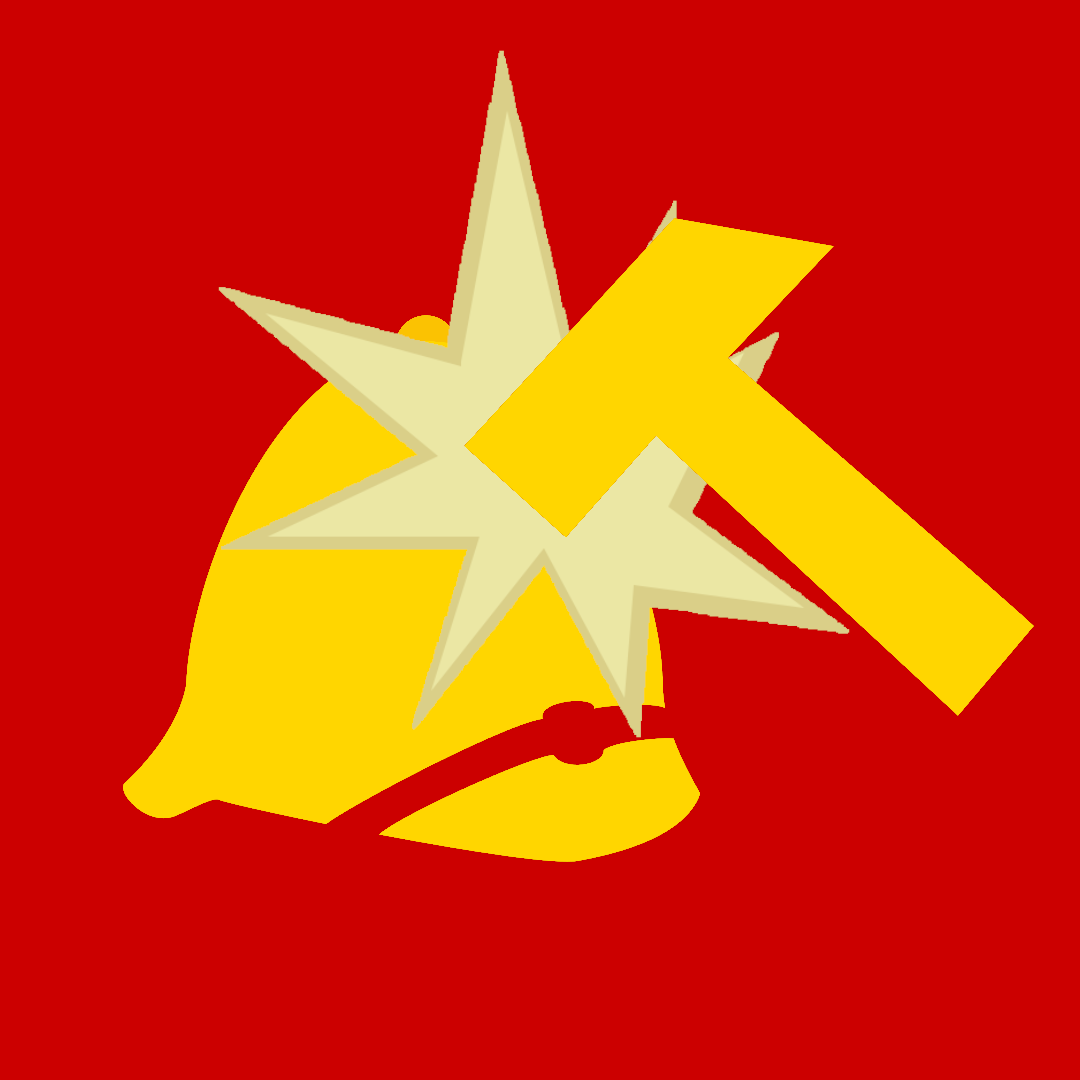You can read the full speech of the President of Eritrea Isaias Afwerki at the Russia-Africa Summit, July 28 2023 St Petersburg, here: http://en.kremlin.ru/events/president/news/71830
Some interesting excerpts from the speech:
“The war declared by NATO on Russia is not only against Russia; its aim is to dominate the whole world. This is an agenda they developed after the end of the Cold War. They came up with this fantasy about containing Russia, containing any power – small or big – that challenges them technologically, economically, socially, culturally. They have to contain everybody.”
"They are not manufacturing anything at all; it is all about printing money. And this is one of their weapons. The global monetary system controlled by the dollar and the euro is being used. They are introducing sanctions and freezing accounts – these are their tools. This is not going to continue indefinitely.We need a new financial architecture, globally, one that is not controlled by the euro, the dollar or other currencies.
Following this failed attempt to contain Russia they will immediately move to the East: containing China is their next agenda. They are playing a very deceptive tactic, telling everyone: “Oh, no, we have to work with China, we have to do this and that.” Their calculation about China has proved to be wrong. They have failed […] How can they deal with everybody? How do they contain us?
Imagine, this time Eritrea is being contained by them. We are being punished with their sanctions all the time. We have to be punished because we are not bowing to their conditionalities. We are a very small threat; we are not even a threat to them. But they have to contain us: sanctions, sanctions, sanctions, conflict here, conflict there."
“They are using defamation, demonisation, psychological warfare, sanctions. We will need an alternative strategy to deal with this hegemonistic declaration of war. […] It is a matter of ideas: how do we face this hegemonistic strategy in a way that we are able implement bilateral programmes, technology, industrialisation, agriculture, energy, water management, services, tourism, life in general – how do we do that?”
"Now, we have to look at this in the historical context. This is a continuation of classical slavery. After slavery came colonialism. […] Nine million people were exterminated in the Congo, Indians were exterminated in North America and in Canada. They were exterminating indigenous populations and grabbing control of their land. […]
Then there was neo-colonialism and the Cold War. Russia was the hope of the people of the world during the period of the Soviet Union. Unfortunately, leaders in the Soviet Union made mistakes that led to the collapse of the Soviet Union […] That was a historic tragedy: in the course of the history of humanity that was a catastrophe.
That was one of the reasons that encouraged people like Fukuyama and Huntington to design their strategy of hegemony. Because the Soviet Union collapsed, the Soviet Union disintegrated, and they felt that they could control the world for the coming 50 or 100 years without anyone challenging them.
That was when this hegemonistic fantasy emerged. We have seen what they have done over the last 30 years. It is a continuation of the same ideology of slavery, colonialism, neo-colonialism, and then hegemony."
"The world will have to overcome this state of affairs. We are at a crossroads. We believe we are in transition to a new world order. How do we design a new world order? […]
They might dream of using the war in Ukraine now to weaken Russia and they probably dream about the same event happening. The collapse of Russia will be a big advantage for them. It is a dream. They are now spending trillions and trillions by printing money to run the show in Ukraine. This will have to end at some point. We need to look beyond that."
"I say this is a global challenge and we have to overcome it by identifying the role of each and every one of us in the whole story.
Economic programmes, energy, water, infrastructure – you name it. Everyone will have a strategy and will define their goals and objectives. Once we have a strategy in place, we will draw detailed plans on each and every sector, each and every industry. We will mobilise the resources for implementing those programmes and we will see that implementing them will change people’s lives in Africa, Asia, Latin America, even Europe and the United States also. […]
Our detailed plans for sectoral programmes are ready: on each and every sector we have our own strategic plan. We have considered the details of each and every item of an infrastructure programme: roads, ports, airports, railway, energy programmes, water preservation and water management programmes, irrigation, introducing technologies, and our human resource development strategies. […]
Mobilising resources is a shared responsibility and we can mobilise our own resources from whatever is available: mining, agriculture, manufacturing. We can do that."

